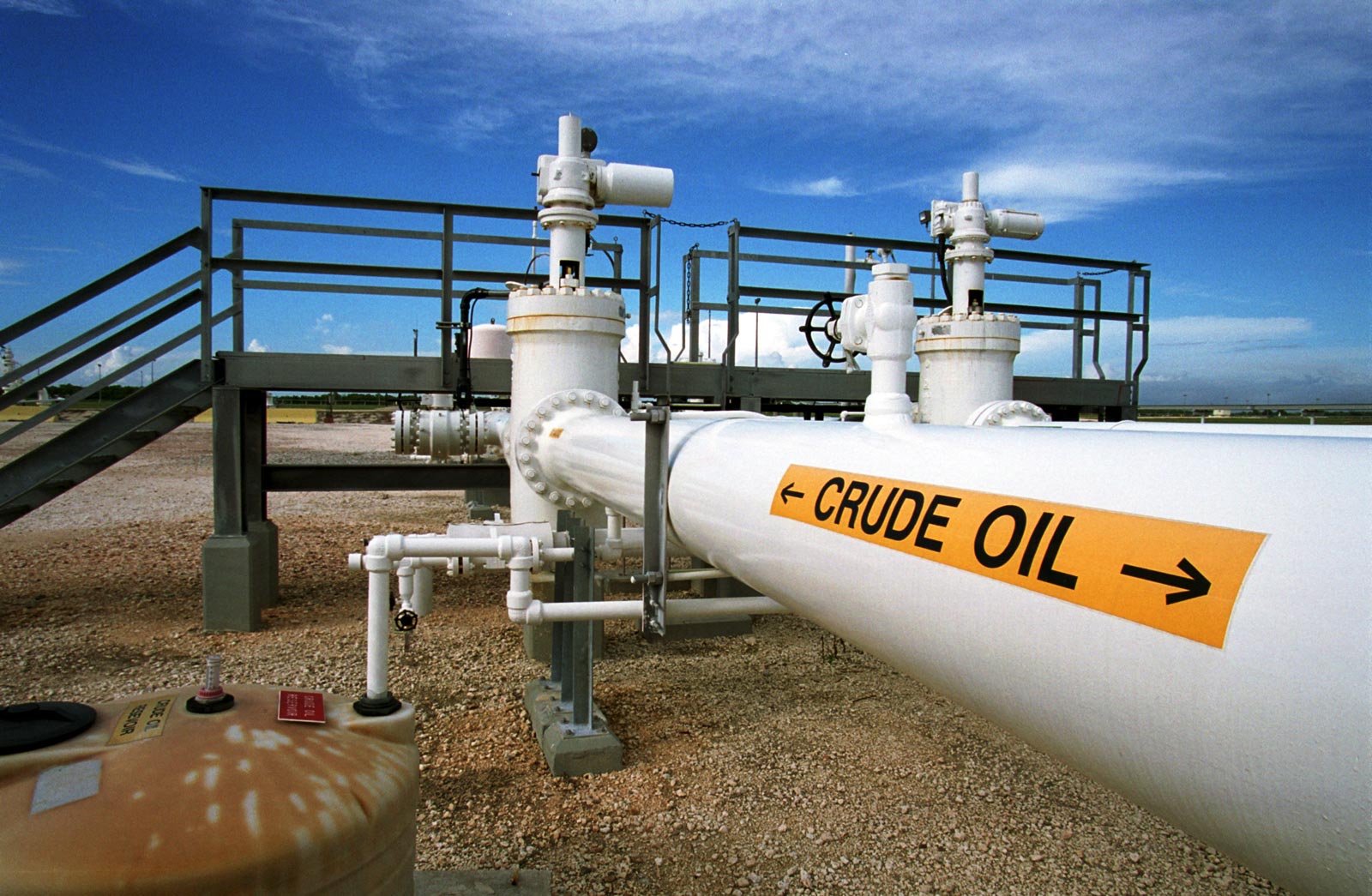Hope of seeing a rebound of oil price from its current low level may not materialise soon, as the Organisation of the Petroleum Exporting Countries, OPEC, has predicted that the price will not rise until 2017.
The Secretary-General of OPEC, Mr. Abdalla El-Badri, said at the Annual Oil & Money Conference in London, that the decline in global crude oil prices may not abate until 2017, as the market is expected to rebalance within two years.
Badri, who expressed concerns over the impact of low oil prices on investment and the consequences for future supply, insisted that rebalancing the world oil markets was the responsibility of all producers and not a burden to be borne by OPEC alone.
He however predicted that oil prices would rise from current six-year lows of below $50 per barrel in the next few months, although he did not say how much improvement he expected.
“We have an overhang of 200 million barrels in the market. All of us should work together, OPEC and non-OPEC, all of us have to work together to see how we can get rid of this 200 million barrel overhang,” Badri said.
“I am really disturbed,” he said, referring to the wave of investment cuts announced by oil companies this year in response to the price plunge. “You will see the result. This means less supply and higher prices in the future.”
He explained that overall global investment in oil could drop by $130 billion this year from $650 billion in 2014. He noted that non-OPEC supply growth was slowing and was expected to be zero next year, while the call on OPEC crude was rising.
Badri said he expected Iran’s full return to the market to be discussed at OPECs next meeting on December 4, in Vienna, Austria. Iran has said it expects to boost its crude exports by one million barrels per day within six months of the lifting of sanctions.
Lifting of sanctions
Oil prices have almost halved in the last year on oversupply in a drop that deepened after OPEC in 2014 changed strategy to protect market share against higher-cost producers, rather than cut output to prop up prices as it had done in the past.
OPEC expects global demand for its crude, under pressure in recent years because of rising supplies from outside the group, to rise to 30.3 million barrels per day in 2016, about one million bpd more than in 2015.
“We will see the effect of the cut on production. This will mean less supply in the near future. We are now seeing a low price. After a few months, we will not see this. We will see a higher price again,” Badri added.







